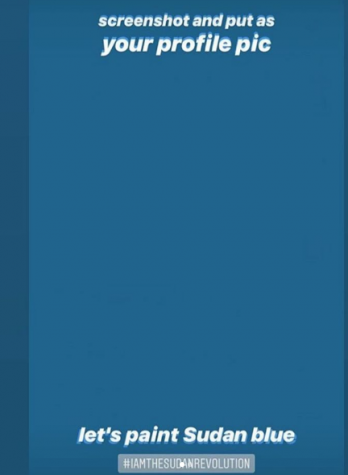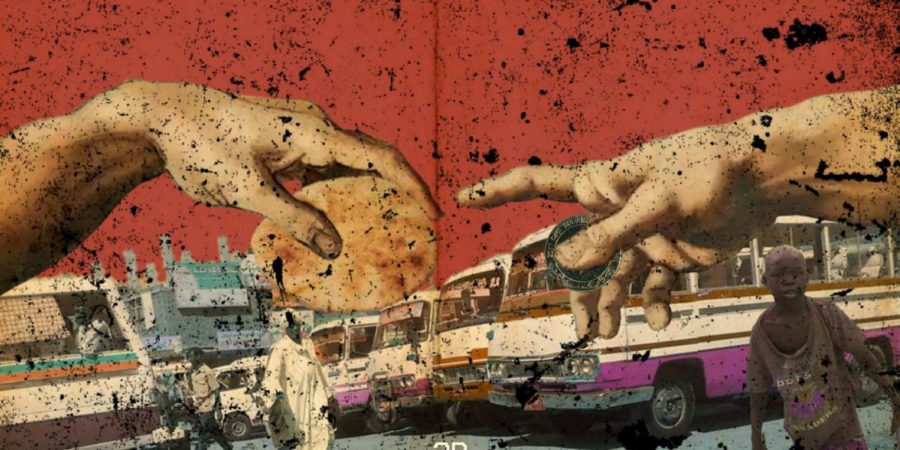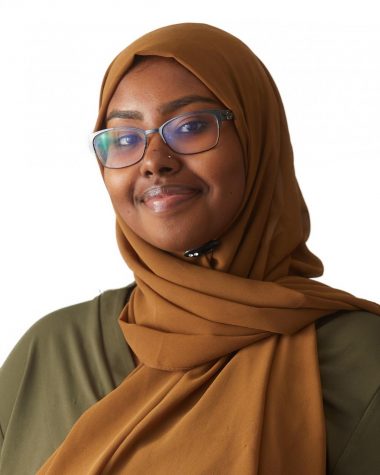The crisis in Sudan and what UWL students can do to help
June 29, 2019
According to NPR, on June 3 at five a.m. the Transitional Military Council (TMC)—the military junta in control of the Northeast African country of Sudan—attacked sleeping protesters demonstrating in the style of a sit-in against the TMC for a civilian-led government in the capital city of Khartoum.
It was reported that more than 100 protesters were killed and 70 women were sexually assaulted that morning. Since then, hundreds and thousands of Sudanese citizens were murdered, assaulted, and injured, with 118 bodies found in the Nile River and nearly 1000 Sudanese people missing, according to oppositional forces.
It was the words ‘freedom, peace, and equality’ that quickly became the motto of the initial protests held by the people of Sudan in December of 2018; as stated by by The Guardian. This was in response to the government cuts to basic needs, such as fuel and bread, and the inaccessibility to money that citizens had in their own bank accounts. Overtime, the motto of these demonstrations became an axiom of a revolution in the country as Sudanese people called for the overthrow of then President Omar al-Bashir and his thirty-year regime that came to a halt four months later in April 11, 2019. While these initial protests were successful in ousting the former president, the second attempt of demonstrations to kick out the current government run by the TMC—controlling the government similar to al-Bashir—has resulted in beatings, rape, and bloodshed.

The continuing crisis the country is facing caused a massacre and a media blackout issued by security forces. Due to the internet blockage, media outpour has been minimal when looking at the large scale and spiking death toll in the country. The social media movement #BlueForSudan has brought awareness to the situation in the nation by posting and sharing the color blue on various digital platforms.
Many have also changed their Instagram and Twitter profile pictures the same color to stand in solidarity with Sudanese citizens that are continuing to protest today. Moreover, the color blue is being used as the symbol and marking of the social media movement in honor of 26-year-old Mohamed Hashim Mattar, killed by security forces the morning of June 3.
Even though there is social media support amongst influencers and celebrities to end and bring awareness to the crisis in Sudan, there is also a role that the United States has assumed in this situation. “The role in which the United States plays is seen with their support of Saudi Arabia in the current war happening in Yemen,” said Mustafa Gaafareklhalifa, a senior at the University of Wisconsin-La Crosse. Gaafareklhaifa is first generation American, born to Sudanese parents who still have ties to their home country and, as a family, are being impacted by the current crisis in Sudan.
Gaafareklhaifa said, “A large amount of the soldiers in the Saudi-led coalition in Yemen are Sudanese. Some of whom are children.” In fact, according to The New York Times, there is deployment of Sudanese children to Yemen, in which interviews of fighters that have come back from the Middle Eastern country revealed that “children made up at least 20 percent of their units. Two said children were more than 40 percent.”
While social media is a powerful tool, there are other steps that UWL students can also take to help with this humanitarian issue:
- Donate to Emergency Medical Aid for Sudan. In addition to the government’s internet blackout and censorship of the crisis in Sudan, there is also a lessening and lack of medical attention being given to civilians that are severely injured. This is due to the crackdown on protesters, especially doctors and other medical professionals, and the lack of emergency medical supplies. This Go Fund Me page helps with citizens getting the help they need to live.
- Call Your Member of Congress. You can notify your member of congress and let them know where you stand in this crisis and that you support the people of Sudan by calling 202-224-3121
- Donate to UNICEF to help displaced children of the crisis in Sudan
- Sign this petition on Change.org. This tells the United Nations to look into and investigate the military’s human rights violations in Sudan
“We [UWL students] study and live in the world’s most powerful democratic country in history,” said Gaafarelkhalifa. “If they don’t like that we are supporting a country importing child soldiers, don’t like that doctors attempting to help protesters are being attacked, and don’t like that after a dictator has been ousted power has now been given to men behind the worst genocides in history, then you can help end this by spreading the word and confronting your representatives. Also, don’t just ask your politicians, but vote as well.”







